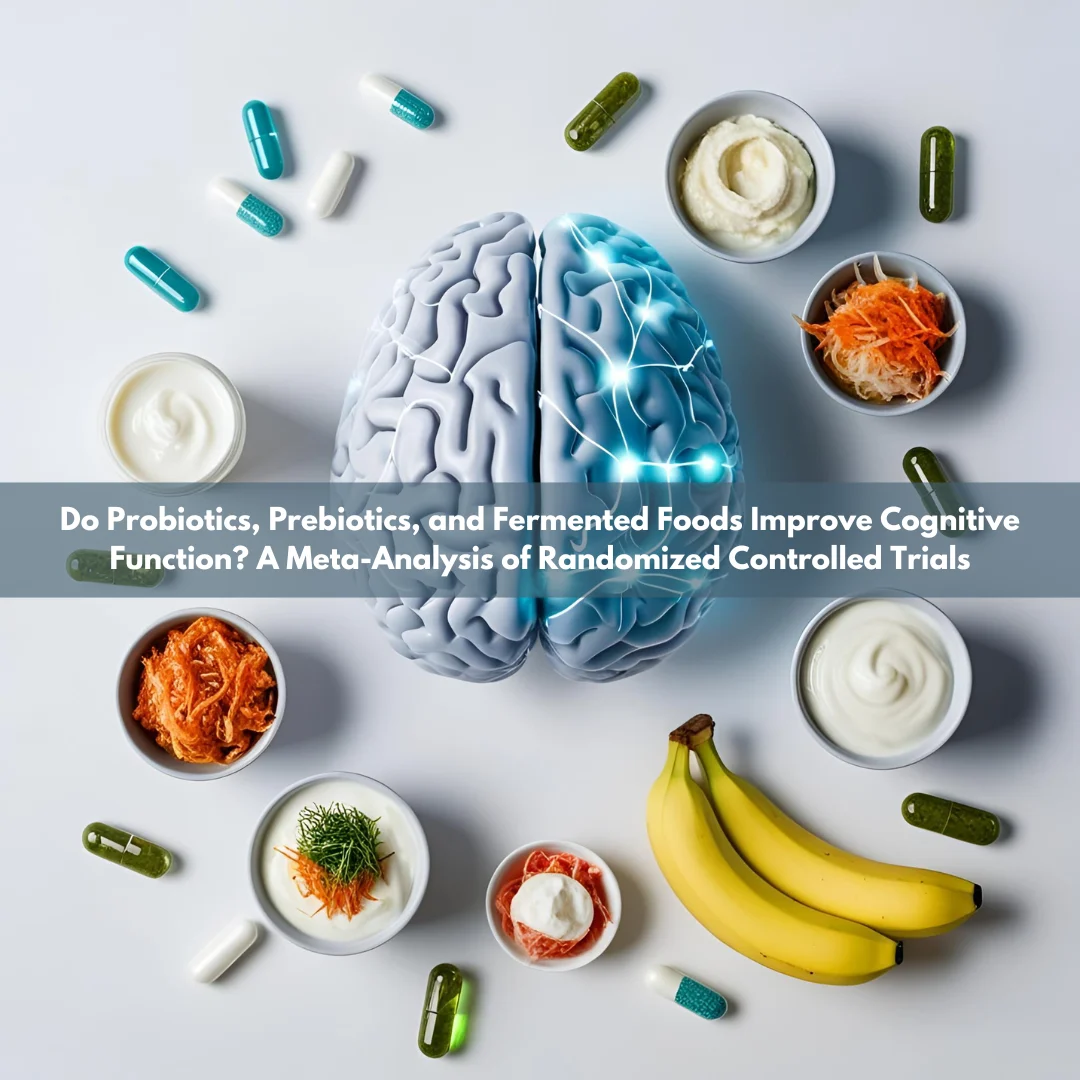Evidence Level: How Strong Is the Science?
A total of 22 randomized controlled trials (RCTs) provides the basis for:
- 1B: Level of individual studies (high-quality).
- Level 1A: Meta-analysis of randomized controlled trials (strongest evidence).
Although meta-analyses of RCTs provide high-level evidence, this study did not demonstrate significant efficacy in improving cognitive performance. It is incredibly difficult to make standard conclusions due to the high variability within populations, study designs, and cognitive tests used.






